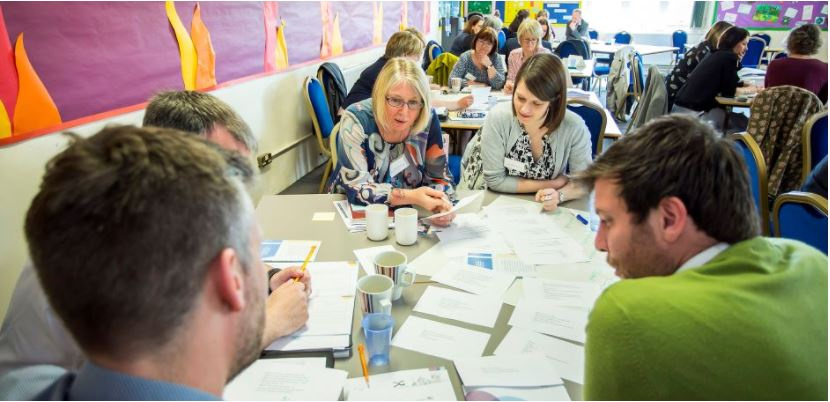
Many school networks and school systems are turning to peer review to address the changing nature of school-system organisational structures and the concomitant development and accountability requirements for these structures.
I explored, in a recent publication, case studies of government-school principals in New South Wales (NSW), Australia, who used an empowerment-evaluation approach to lead school improvement with partner schools. The book provides international perspectives from practitioners and researchers on a range of contemporary peer-review approaches.
Here, I begin with a brief explanation of empowerment evaluation and where it fits in stakeholder-engagement approaches to peer review. Next I will briefly examine why the principals chose empowerment evaluation to implement a peer-review process within their network of schools and describe how they used it. I will then present the practical considerations for other school leaders considering a similar approach, based on the knowledge gained from the case-studies and ongoing implementation of the programme.
Three evaluation approaches to peer review
Empowerment evaluation is one of three evaluation approaches—collaborative, participatory, and empowerment—that have been identified in the evaluation literature as stakeholder-involvement or collaborative-inquiry approaches. All three have substantial underlying guiding principles, values, skills, practices, and methods in common.
These include a participant focus, learning, community knowledge, trust, ownership, and flexibility. They also have distinct differences, particularly regarding the stakeholders’ roles, how the evaluation is controlled, and by whom. When this is applied to peer reviews in schools, the differences can be explained in the following ways.
In a peer review using a collaborative-evaluation process, the evaluator is the peer principal from another school in the network (hereafter, principal–evaluator). The principal–evaluator leads the review, either as a single evaluator or as the leader of an evaluation team.